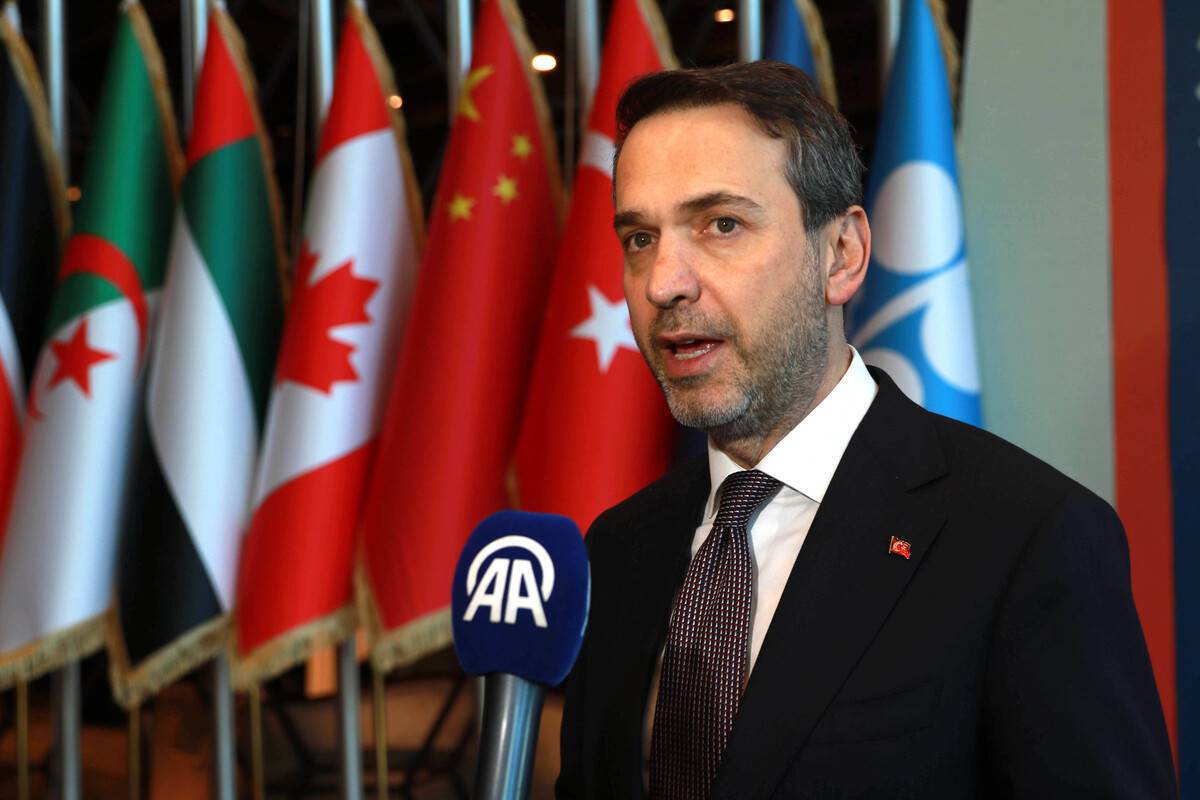Generation

Turkish Energy Minister Alparslan Bayraktar said a proposed new energy agreement between

Turkey and Iraq must include a mechanism to ensure the full use of the oil pipeline between the two countries.
Last week, Ankara said the decades-old accord covering the Kirkuk-Ceyhan oil pipeline would end in July 2026 and an Iraqi official said Turkey had proposed expanding the deal to include cooperation in oil, gas, petrochemicals and electricity.
The Reuters Power Up newsletter provides everything you need to know about the global energy industry.
Laying out Turkey's core demands, Bayraktar said the country was asking for a draft agreement to include "a mechanism to ensure full use of this pipeline".
"The note we've sent is along these lines," he told reporters after a cabinet meeting on Monday.
"This pipeline has a capacity of almost 1.5 million barrels per day. There's no flow at the moment. Even when it did flow, it was never at full capacity," he said further.
The Kirkuk-Ceyhan pipeline has been offline since 2023, after an arbitration court ruled Ankara should pay $1.5 billion in damages for unauthorised Iraqi exports between 2014 and 2018. Turkey is appealing the ruling.
Bayraktar said Turkey's proposal included options such as extending the pipeline to the south of Iraq.
"It (the pipeline) doesn't have to be filled entirely with oil from Iraq. To reach those figures, the pipeline needs to reach the south anyway," he said, adding that the deadline to agree on a new deal was July 2026.
The Turkish government has said the Development Road initiative - a high-speed road and rail link running from Iraq's port city of Basrah on the Gulf to the Turkish border and later to Europe - is an opportunity to extend the pipeline south. Baghdad allocated initial funding for the project in 2023.












